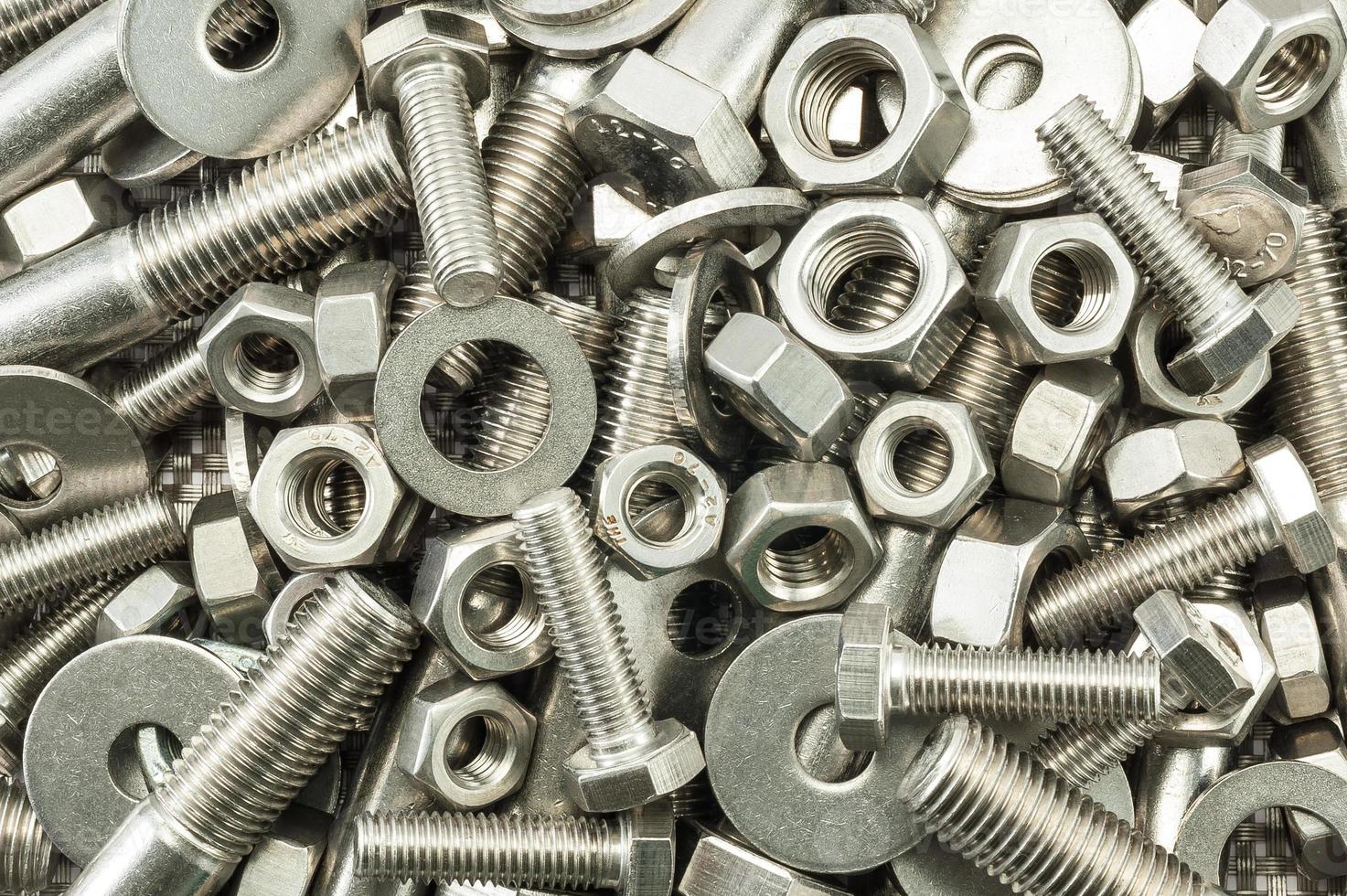In today's rapidly evolving world, the importance of fasteners, particularly nuts and bolts, continues to increase. Such seemingly simple components are crucial in numerous applications, from building tasks to car maintenance. As technology advances, so do the innovations surrounding such important fastening solutions. Understanding the various types, uses, and materials of nuts and bolts is key for anyone involved in DIY projects, professional construction, or maintenance tasks.
This document will explore the future of fasteners and provide a comprehensive overview of different types of bolts and nuts. We will cover topics ranging from fundamental explanations and applications to the standard varieties of bolts, their applications, and the most recent developments in materials and coatings. Including https://beadthumb6.bloggersdelight.dk/2025/04/23/from-base-materials-to-fasteners-the-journey-in-fasteners-and-bolts/ on heavy-duty construction, automotive needs, and custom fasteners, this guide will provide you with the information needed to choose the right fastening solution for any task, ensuring both effectiveness and longevity.
Types and Functions of Nuts and Bolts
Nuts and bolts are crucial components in numerous applications, providing stability and strength to machines and machinery. Fasteners can be categorized into several types, such as hex head bolts, carriage fasteners, and lag bolts, each intended for particular uses. Hex bolts are flexible and widely used in many projects, while carriage bolts offer a rounded head perfect for fastening wooden items. Lag bolts are especially helpful for heavy-duty applications, as their robust threads allow them to hold sturdy substances, making them a popular option in fabrication.
Nuts complement bolts by fixing them in place and providing a tight fit. Different types of nuts—such as regular nuts, lock nuts, and flanged nuts—serve specific purposes. Self-locking nuts are designed to resist loosening under oscillation, making them suitable for automotive applications. Flange nuts have a integrated washer base that spreads the load, avoiding damage to the material being fastened. Understanding the roles of these various nut types helps in selecting the right item for a project, guaranteeing reliability and safety.
When selecting nuts and bolts, one must evaluate factors like material, thread specification, and the particular application. Typical materials include steel, stainless steel, and bronze, each offering distinct benefits in terms of durability and corrosion resistance. The thread type—rough, fine, or measured—also affects the suitability and performance of the fasteners. By understanding the types and functions of nuts and bolts, users can make wise choices that enhance the durability and efficiency of their projects.
Materials and Finishings
The choice of materials for fasteners and bolts significantly impacts their performance and suitability for various applications. Typical substances include steel, brass, and titanium alloy. Carbon steel is widely used due to its strength and adaptability; however, the specific grade of carbon steel can additionally influence its properties, such as tensile capacity and ability to corrosion. Copper alloy is often chosen for uses that need corrosion resistance and good electrical conductivity, while the titanium alloy offers superior strength-to-weight ratios and ability to extreme environments, making it perfect for specialized applications.
Finishes also play a critical role in improving the durability and longevity of fasteners. Zinc plating is a well-liked choice for providing oxidation protection, especially in settings where moisture is a factor. Galvanization takes this a step further, providing a thicker protective layer that can endure harsher environments. Other finishes, such as powder coating and anodized finishes, can also be utilized to increase appearance and further protect against wear and oxidation.
Understanding the interaction between materials and finishes will help you choose the best fasteners for your particular needs. For external projects, think about using oxidation-resistant choices that will resist environmental challenges. Be sure to assess the conditions your fasteners will face, as well as any necessary trade-offs between durability, weight, and oxidation resistance, to guarantee their durable performance.
Specialty and Unique Fasteners
Specialty and distinct fasteners are engineered to meet specific requirements that standard nuts and bolts cannot accommodate. For example, safety fasteners, such as tamper-proof nuts and bolts, are engineered to prevent illegitimate access or removal. These often feature unique heads or threading that require special tools for installation and extraction, making them ideal for applications where security is a concern, such as in public installations or equipment that is highly valuable.
Another category worth mentioning is nylon lock nuts, which provide enhanced locking capabilities compared to regular nuts. The nylon component creates friction when the nut is threaded onto the bolt, thereby stopping it from loosening due to shaking. These fasteners are particularly useful in automotive and machinery applications where movement and vibration can lead to the failure of traditional fastening methods. Utilizing nylon locking nuts can significantly improve the strength and reliability of connections in dynamic environments.
Anchor bolts represent another essential type of specialty fastener specifically created for heavy-duty applications, such as fastening structures to bases. They are commonly used in building for attaching posts, pillars, and more to concrete or masonry. It is crucial to select the appropriate anchor bolt type—whether it be mechanical or chemical—based on the load requirements and surrounding conditions to ensure maximum holding power and structural integrity.

